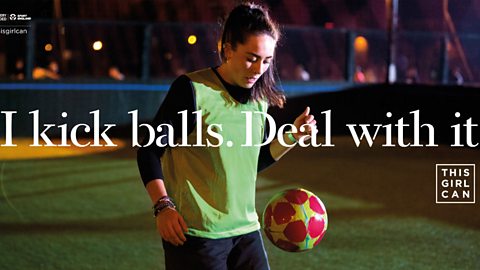Profile, popularity and funding
Sports exist in a competitive world. Individual sports compete against each other to attract participants, coverage and funding, and sport as a recreational activity has to compete against digital pastimes, such as social media, television and gaming. The more people who play a sport, the more likely that sport is to gain funding, either through grants, such as the National Lottery, or sponsorship. Similarly, sports with lots of followers are more likely to attract media coverage and sponsorship.
Research published in 2015 by the Future Foundation, conducted on behalf of the Youth Sport Trust, warned that PE lessons need to use digital technology to make sure that young people are motivated to take part. Other national sports organisations, such as Sport England and sports coach UK, also argue for the need to use technology to attract and retain youth and adult participants in sport.
Technology can help to increase a sport's participation and profile. For example:
- wearable technology ā encourages participants to log their levels of activity, count the calories they burn and log their personal best times
- game-style apps ā motivate people by setting challenges and rewarding achievements
- social media ā enables clubs to promote sessions cheaply, individuals to share their experiences or teams to gather support
This Girl Can
In 2015 Sport England launched a nationwide campaign to increase participation in sport by girls and women. Social media was a key player in promoting and extending the campaign. Within weeks of its launch over 23 million people had watched the film on YouTube and Facebook and it featured regularly on Twitter, with sports promoting opportunities and women and girls sharing their achievements. A follow-up app enabled participants to download their own photos on to the inspirational poster templates.
